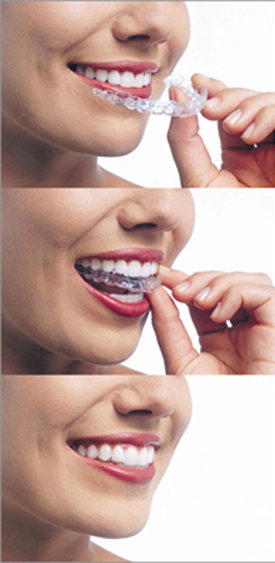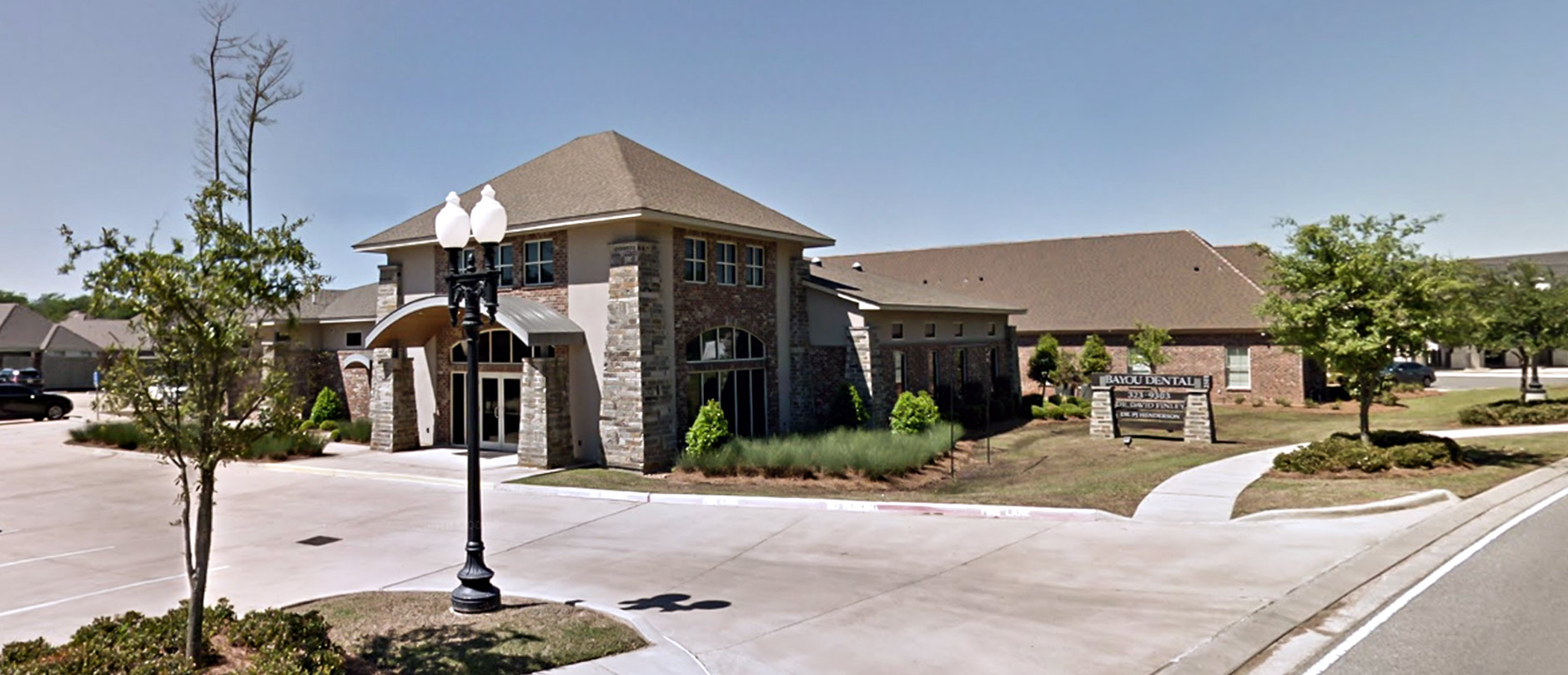I would like to know if Invisalign causes dry mouth. I plan to get Invisalign in March. A friend that I have not spoken to in several months has Invisalign. She says that since she got Invisalign, her mouth has been so dry. I do not know anyone else who wears Invisalign, and I am skeptical about reading any online reports about it. Are you aware of any problems people have with dry mouth after getting Invisalign? Thank you. Willow T. from ATL
Willow,
Thank you for your question. Anyone experiencing dry mouth—with or without Invisalign—should report the issue to their dentist. Without an examination by Dr. Finley or Dr. Henderson, we cannot say why your friend’s mouth is dry. But we can offer some insight on what might be causing it.
Does Invisalign Cause Dry Mouth?
Invisalign does not cause dry mouth. But other factors can cause it. Although your friend’s dry mouth seems to have begun with Invisalign treatment, other factors might contribute to it. Consider causes of dry mouth.
What Causes Dry Mouth?

Talk to your dentist if you have concerns about dry mouth while wearing Invisalign
Dry mouth has many causes. According to the American Dental Association, causes of dry mouth may include chemotherapy, uncontrolled diabetes, and prescription medication. Identifying the cause can involve tracing your health history and habits. We will explore SIX causes of dry mouth.
- Not drinking enough water – It sounds simple, but dehydration is the most common cause of dry mouth. Drinking plenty of water helps increase saliva production in your mouth.
- Caffeinated drinks – Coffee, tea, and other caffeinated beverages decrease saliva production. If you drink caffeinated products while wearing Invisalign, drink plenty of water afterward to minimize dry mouth.
- Medication – Dry mouth is a common side effect of prescription and over-the-counter medicines. Taking medication for high blood pressure, depression, or anxiety can cause dry mouth. And so do some decongestants and antihistamines.
- Chemotherapy drugs – Although it may be temporary, chemotherapy drugs can decrease saliva production. Radiation therapy to the areas of your head and neck can damage your salivary glands—sometimes permanently.
- Head or neck nerve damage – If you recently had surgery or an injury to your head or neck area, dry mouth could result.
- Alcohol or tobacco use – Either habit can cause dry mouth. And smoking can stain your Invisalign trays. Most patients remove their Invisalign aligners when they use tobacco or alcohol. But if you do not get enough water afterward, your mouth will be even dryer than usual.
- Your health – Uncontrolled diabetes, a yeast infection, and some autoimmune diseases cause dry mouth. If you snore at night or breathe with your mouth open, the saliva in your mouth reduces.
Talk to Your Dentist About Dry Mouth and Invisalign
Discuss your concerns with your dentist before you begin Invisalign treatment. If you already have a dry mouth or contributing factors, your dentist can explain how to minimize it while wearing Invisalign.
David Finley, DDS, sponsors this post. Dr. Finley is an accredited Fellow of the American Academy of Cosmetic Dentistry.





